CHI 2023 Workshop
Data as a Material for Design: Alternative Narratives, Divergent Pathways, and Future Directions
To say that data, and the technological “things” that interact with them, are quotidian to the lives of many humans is axiomatic. However, this ubiquity of presence, of availability as a resource, has yet to be met with diversity or plurality of use, craft, and experience. Much of how we see the use of data is still rooted and siloed in utilitarian and analytical perspectives of data. To labor the metaphor, if data were wood, we have only been using them to make simple tables and chairs, not buildings, sculptures, boats, and paper.
This one-day workshop offers diverse members of the CHI community the opportunity to present their unique perspectives on the concept of “data as a material for design”. Through sharing design exemplars and cases of design processes and outputs, we will seek to establish locations for exploration and critique along the following themes: the nature of the data, the processes of data handling, the methods and experiences of data collection and expression, and the risks, tensions, and stumbling blocks of working with data.
We invite diverse submissions that respond to the topic of “data as a material for design.” Topics/questions include but are not limited to:
- The nature of data asks: what data can we collect, notably once we expand our horizons beyond data that is considered “useful” and/or “personal”?
- The process of data handling questions: how do design artefacts, objects, or systems (mis)interpret, alter, or transform the data they interact with?
- The methods and experiences of data collection and expression provoke reflection on: how do we go about generating and displaying data, notably the tools we use to collect and the modalities we use to express these data?
- The risks, tensions, and stumbling blocks of working with data considers: where, when, and why practitioners go wrong, get lost, and how do they overcome these challenges?
Interested participants are invited to submit one or both of the following, using the ACM master template and in PDF format:
- A minimum 2-page Pictorial/image-heavy paper of a case study exemplifying “data as a material for design” will be discussed in the workshop’s morning session.
- A minimum 2-page eyebrow-raising provocation about data, data as a material, or the artefacts that express data in some way for the afternoon session, this could include:
- A series of diary entries of a 3rd generation data crafter learning the family trade
- A manual for an artefact that displays private data publicly
- A manifesto for neo-data-Ludditeism where we must go back to paper-based data entry and/or non-electrical interaction with data
Organizers
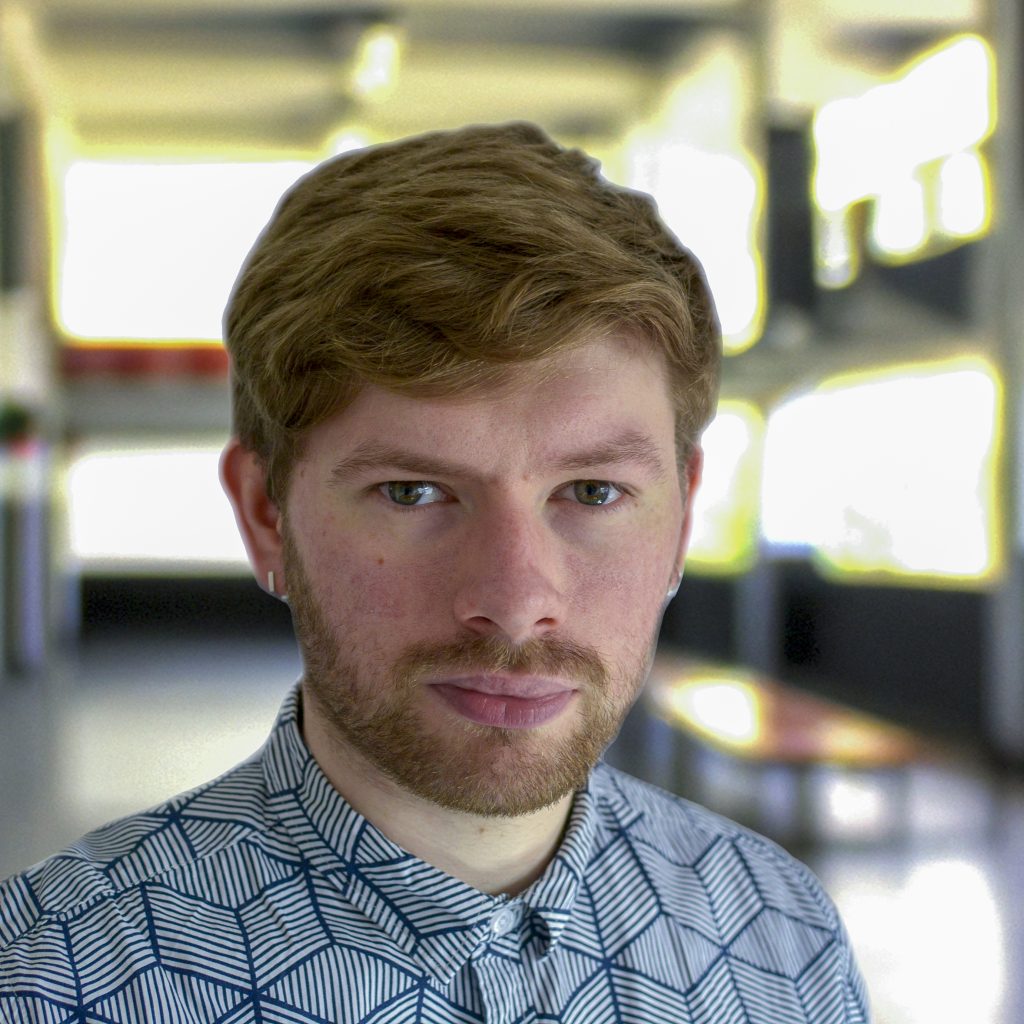
Matthew Lee-Smith is a PhD student and technical tutor in user experience at the School of Design and Creative Arts at Loughborough University. His research explores our understanding and expectations of technology and data through discursive and posthuman lenses. He is also the main point of contact for the workshop.

Jesse Josua Benjamin is a PhD candidate at the University of Twente, and a Research Associate at ImaginationLancaster. Combining philosophy of technology and design research, Jesse investigates how emerging technologies shape the relations of people and their world(s).
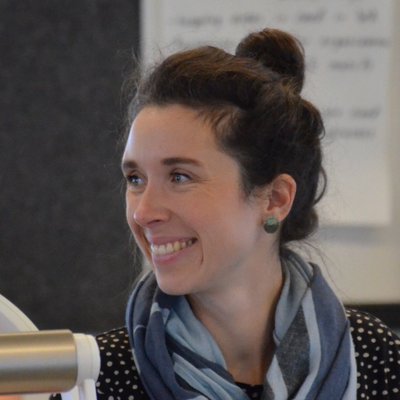
Audrey Desjardins is an Associate Professor of Interaction Design in the School of Art + Art History + Design at the University of Washington. Trained as an industrial designer and interaction design researcher, she uses design as a way to critically reflect on people’s creative tactics to make, adapt, and transform their homes and to investigate potential futures in domestic spaces.

Mathias Funk is an Associate Professor in the Future Everyday group in the Department of Industrial Design at the Eindhoven University of Technology (TU/e). He has a background in Computer Science and a PhD in Electrical Engineering (from Eindhoven University of Technology). His research interests include methods and tools for designing with data, designing systems of smart things, and interfaces for data sense-making.
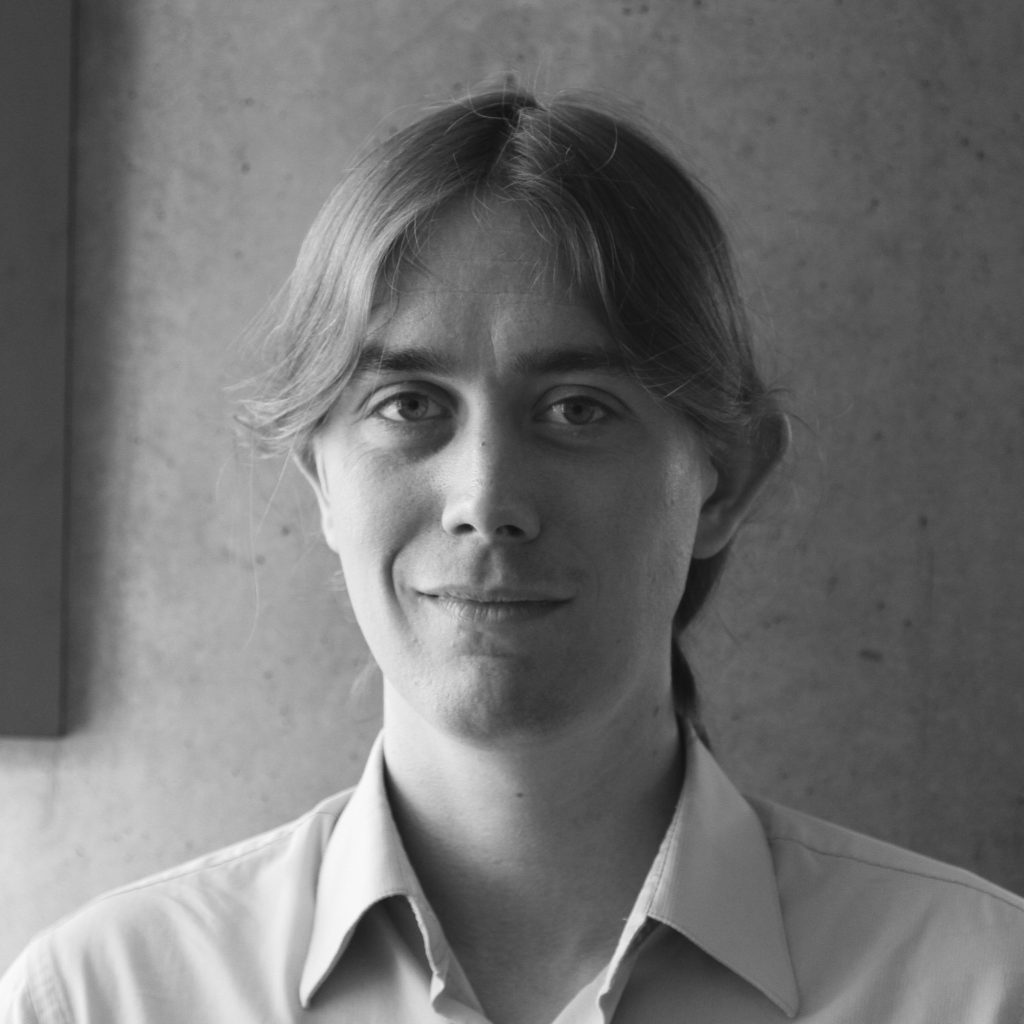
William Odom is an Associate Professor in the School of Interactive Arts and Technology at Simon Fraser University. He focuses on developing a theory and practice of slow interaction design, exploring data alternatives in everyday life, and generating methods to collaboratively investigate potential technological futures.
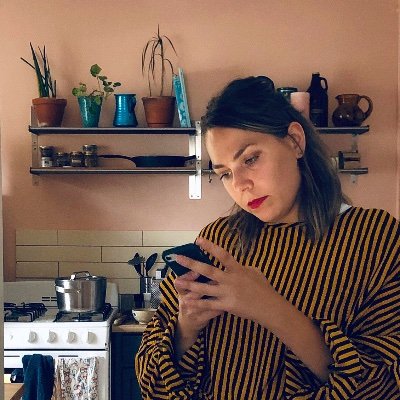
Doenja Oogjes is an assistant professor at the Department of Industrial Design at Eindhoven University of Technology (TU/e). She is interested in indirect, accidental, surprising, and overlooked ways designed things mediate the everyday. In her current research, Doenja develops actions and positions the human designer can take to increase participation of more-than-humans.

Young-Woo Park is an Associate Professor of Design at Ulsan National Institute of Science of Technology (UNIST), South Korea. His research team explores new interactive product designs using data-driven technologies and everyday objects to provide tangible interaction with personal lifelog data for enriching everyday experiences.
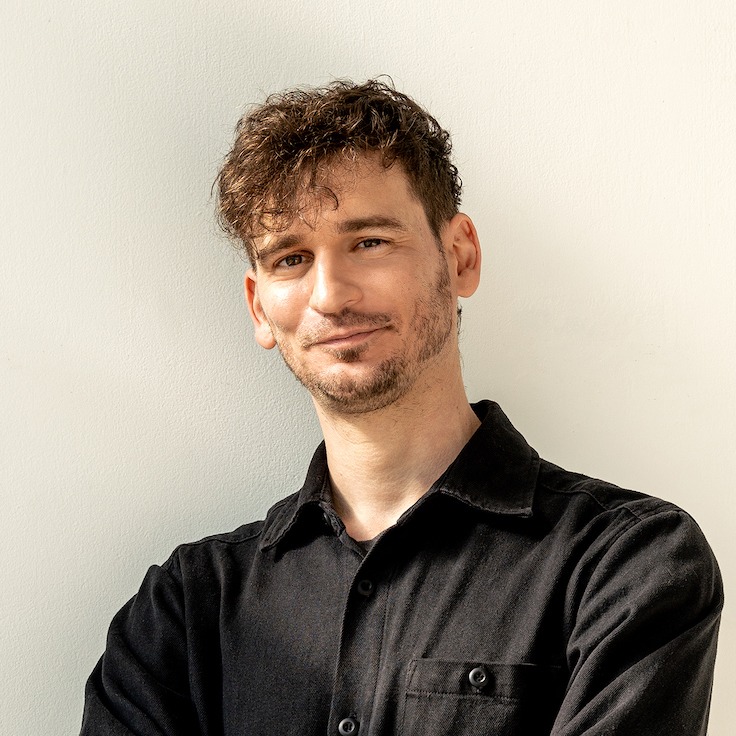
James Pierce is an Assistant Professor of Interaction Design at the School of Art + Art History + Design at the University of Washington. He practices design as a mode of inquiry, critical engagement, and speculative exploration.
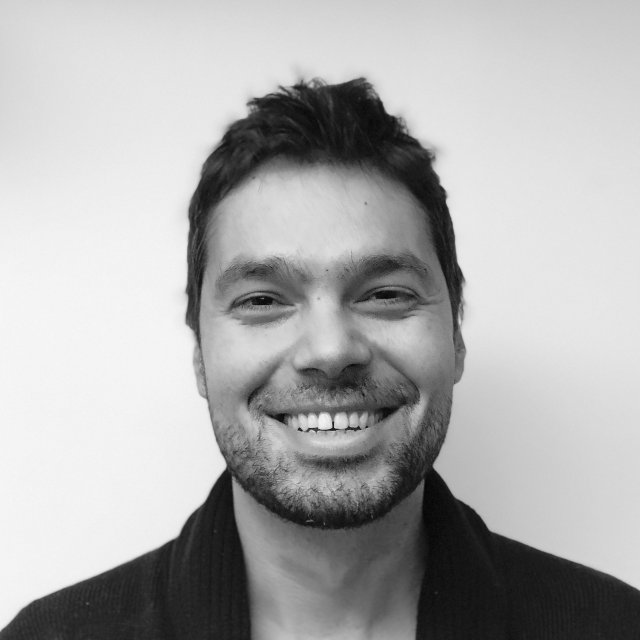
Pedro Sanches is an Assistant Professor at the Department of Informatics, at Umeå University. His research aims at designing biodata-driven technologies for health and wellbeing and performing arts, drawing on feminist epistemology. He applies speculative and somaesthetic design tactics to critically analyze aspects of our lived experience when interacting with data.
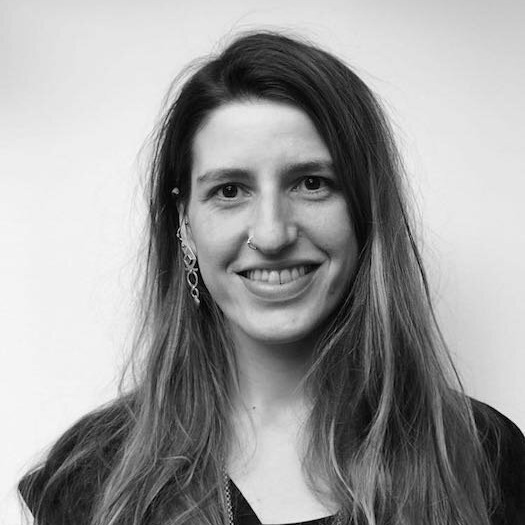
Vasiliki Tsaknaki is an Assistant Professor in the Digital Design Department at the IT University of Copenhagen. Her research combines materials experiences, computational crafts and somaesthetic design methods. Through practice-based studies she investigates and reflects on intersections of these areas, probing the space of designing for wellbeing and exploring (bio)data as a design material.
Schedule
This one-day workshop will be broken into two phases. The morning phase (Map and Compare) will consist of a broad summary of all of the accepted work and breakout discussions in studio-style critique in studio-style groups. Participants in each group will present their data-as-material case studies, discussing processes, inspirations, similarities, and differences. Participants are encouraged to share videos, interactive demos, functional prototypes, process documentation, and other artifacts.
The afternoon phase (Provoke and Debate) will bring in the 4 locations described above (nature, process, methods, and tensions of data as material) to provide an initial framework for discussion and critique. Participants will be asked to generate and respond to probing and unusual questions within these locations. for the organizers will prepare an initial set of questions, and participants will generate additional questions. For example, within the locations of the process of handling data or methods and experiences of data collection and expression, one might ask “how could we make a toolkit to work with data, what is the equivalent of chisels, bandsaws, planers, etc. for data? Alternatively, all four locations could be expanded with the broad question: what if we see using data in the way we study art history with surreal, abstract, or baroque styles of (using) data?
| Time | Activity |
|---|---|
| 09:00 – 09:30 | Welcome and introductions by organizers, an overview of the workshop, and a summary of submitted exemplars and provocations. |
| 09:30 – 11:00 | Group discussion in assigned interest groups of design exemplars |
| 11:00 – 11:30 | Representatives from each interest group summarize exemplars and discussions (audio/video recorded) |
| 11:30 – 13:00 | Lunch (off-site) |
| 13:00 – 14:30 | Group discussion in assigned interest groups of provocation pieces |
| 14:30 – 15:00 | Representatives from each interest group summarize provocations and discussions (audio/video recorded) |
| 15:00 – 15:30 | Coffee break |
| 15:30 – 16:30 | Breakout discussions outside of assigned groups to expand on ideas, and themes, and identify prospects. Begin documentation of additional material for the website/repository including voluntary insight collection (audio/video recordings). |
| 16:30 – 17:30 | Conclusion and debriefing by organizers, including encouraging post-workshop collaboration, and posting about the event on social media. Finish material documentation. |